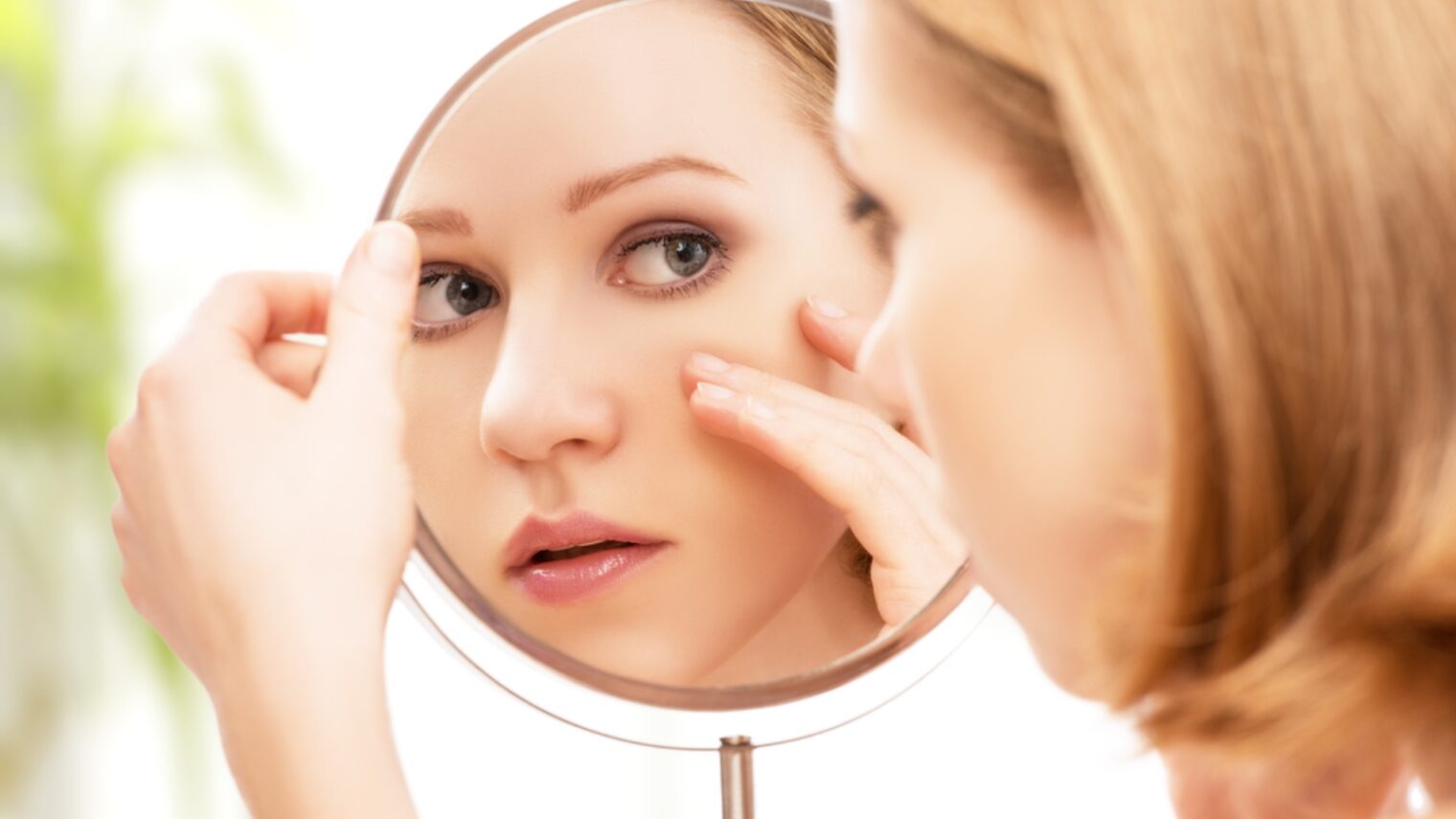All day long, our skin is assaulted by pollutants, UV rays, radiation and other stressors in the environment. When these substances filter into the body through our pores, they can create reactive oxygen species – otherwise known as free radicals.
Oxidative stress caused by excessive free radicals is responsible for a host of skin conditions, including inflammatory diseases, pigment disorders, wrinkles and some types of skin cancer. It can also damage internal organs and cells that produce essential lipids, proteins and DNA.
An innovative nanotechnology devised in Israel boosts the body’s natural defense mechanisms against oxidative stress, helping to produce adequate antioxidant enzymes to maintain the skin’s proper balance, according to report in the journal Cosmetics by a PhD student from the Hebrew University of Jerusalem in collaboration with researchers at the Technion-Israel Institute of Technology in Haifa.
“The approach of using the body’s own defense system is very effective. We showed that activation of the body’s defense system with the aid of a unique delivery system is feasible, and may leverage dermal cure,” said Hebrew University researcher Maya Ben-Yehuda Greenwald.
In her experiments at the Myers Skin Research Laboratory at the university’s School of Pharmacy, she was able to activate the skin’s natural defense system by applying nano-size droplets of micro-emulsion liquids containing a cellular protective pathway inducer. This activates a powerful antioxidant protein called Nrf2 that normally coordinates every single cell’s response to internal and external stressors.
In addition, she discovered a new family of compounds capable of activating the Nrf2 pathway. By incorporating these compounds into the unique nanotech delivery system she developed, she was able to stimulate the activation of the Nrf2 pathway and mimic the body’s natural way of coping with a variety of stress conditions.
“Currently, there are many scientific studies supporting the activation of the body’s defense mechanisms. However, none of these studies has demonstrated the use of a nanotechnology-based delivery system to do so,” Ben-Yehuda Greenwald said.
A new tool for dermatologists?
This invention could be used by dermatologists to control a variety of skin pathologies and disorders.
“The formula we have created could be used in topical medication for treating skin conditions. Our formula could be used both as a preventive means and for treatment of various skin conditions, such as infections, over-exposure to UV irradiation, inflammatory conditions, and also internal disease,” she said.
While the researchers focused on skin, the same formulation could prove to be effective in enhancing the body’s natural protection against the damaging effects of free radicals in other parts of the body, such as inflammation in cardiovascular diseases, heart attack, cancer, multiple sclerosis and Alzheimer’s disease.
Ben-Yehuda Greenwald worked on her research with guidance from Prof. Ron Kohen, director of the Hebrew University School of Pharmacy’s Institute of Drug Research; Prof. Shmuel Ben-Sasson from the department of developmental biology and cancer research at the university’s Institute for Medical Research Israel-Canada; and Prof. Havazelet Bianco-Peled from the Technion’s department of chemical engineering.
The study was funded by the David and Ines Myers Fund of Cleveland, Ohio; Yissum, the technology transfer company of the Hebrew University; and the Hebrew University Fund.













